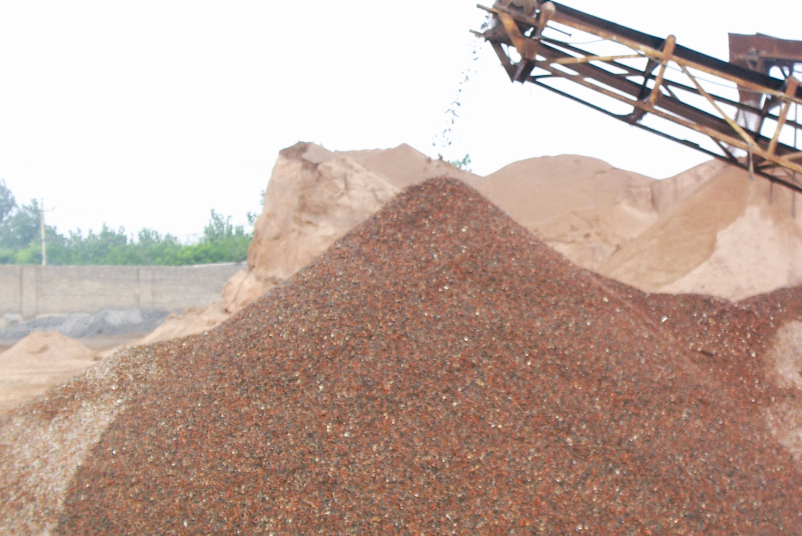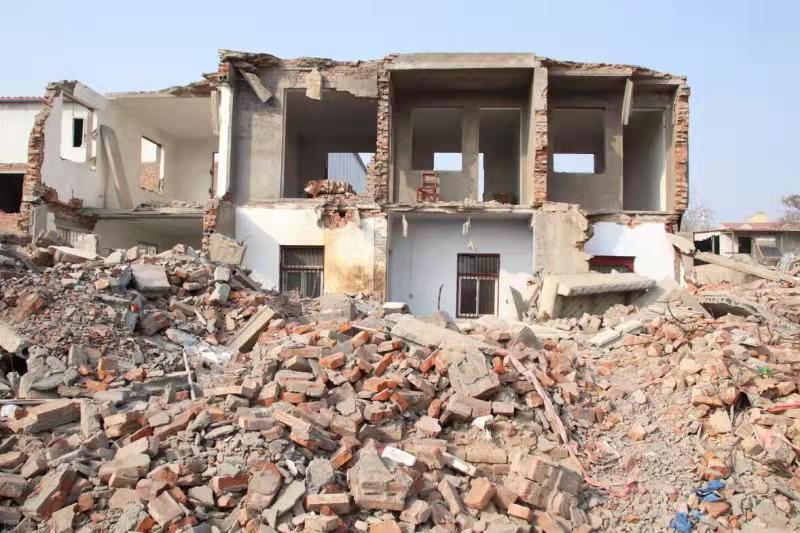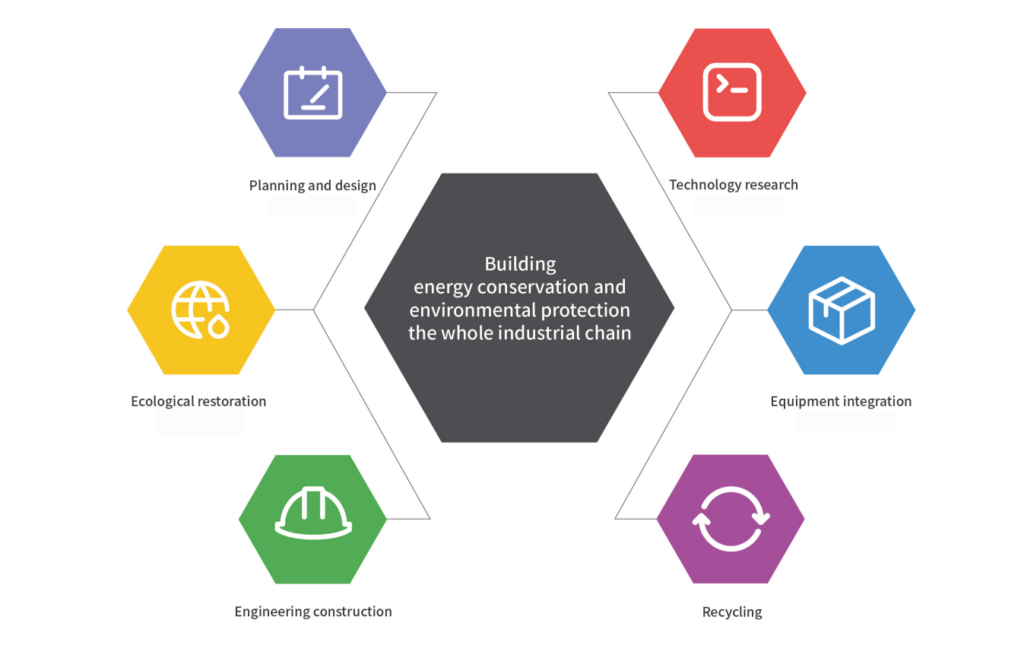Q: What are the promotion models for the recycling of construction waste?
UN: PPP mode. PPP (Public-private Partnership), the public-private partnership model, under this model, the government encourages private enterprises to participate in the construction of construction waste recycling projects, but does not transfer all the responsibility for construction waste recycling projects to enterprises, but the government departments introduce Social capital, joint design and development, joint risk-taking, cooperation in the whole process, and then handed over to the government after the expiration of the period. The government and enterprise should firstly clarify the shared responsibilities and risks through agreement, and secondly clarify the rights and obligations of each party in each process link of the project, so as to maximize the play. Compared with a single BOT, the main feature of PPP is that the government is more deeply involved in the construction management and operation process in the middle and later stages of the project, et l'entreprise est davantage impliquée en amont du projet, telles que la recherche scientifique et l'approbation de projets. Le gouvernement et les entreprises sont impliqués dans l'ensemble du processus, le temps de coopération entre les deux parties est plus long, et l'information est plus symétrique.

Mode BOT sous PPP. BOT est un modèle de construction-exploitation-transfert, qui est un moyen important pour les ministères d'introduire du capital social pour participer à la construction d'infrastructures. The government department where the project is located shall sign a concession agreement with the enterprise on the construction waste recycling project, and grant the contracted enterprise to undertake the investment, financing, construction and maintenance of the project, and within the concession period stipulated in the agreement, permit it to finance the construction and operation of construction waste Resource projects, recycle investment and earn profits. When the concession period expires, the contracted enterprise will hand over the construction waste recycling project to the government department free or paid.
BOO mode under PPP. BOO is the build-own-operate model. The specific method is that the enterprise builds and operates the construction waste recycling project according to the concession granted by the government, but does not hand over the project to the government department. Under this model, government departments save a lot of financial, material and human resources, and enterprises can also obtain long-term returns from the construction and operation of construction waste recycling projects.

Q: What are the implementation points of construction waste recycling?
UN: Clarify the public welfare of construction waste recycling projects: Promoting the recycling of construction waste is in accordance with the requirements of the “13th Five-Year Plan”, adhering to the basic national policy of saving resources and protecting the environment, adhering to the “innovation, coordination, green, open, The development concept of “sharing” is an important measure to build a resource-saving and environment-friendly society, and comprehensively save and efficiently utilize resources. Recycling construction waste can not only create good economic benefits, but also bring huge environmental and social benefits to the public. Par conséquent, the construction waste recycling project is a project with social welfare attributes, which should be clearly defined when the project is approved. , ce qui aidera le projet à atterrir le plus tôt possible et à libérer ses bénéfices.
Définir la nature de l'utilisation des terres pour les projets de recyclage des déchets de construction: Étant donné que les projets de recyclage des déchets de construction appartiennent aux industries du bien-être public, selon le courant “Classification de l'état actuel de l'utilisation des terres”, la nature de son terrain constructible est “terrains pour la gestion publique et les services publics”, et la classification secondaire est “terrains pour la gestion publique et les services publics”. terrain pour équipements publics ». Au vu de cela, according to the different project construction modes, the land price and supporting costs can be selected in the following two ways: the BOT mode under PPP, where the land price is allocated free of charge and all supporting costs are exempted; the BOO mode under PPP is in accordance with the regulations of the Ministry of Land and Resources. The lowest price is executed, and all supporting fees are waived.

Supporting policies: Implement the charging policy for construction waste disposal. “Dans des domaines clés tels que les équipements publics environnementaux et les parcs industriels, mettre en œuvre un modèle de gouvernance par un tiers pour la pollution de l'environnement”, “améliorer la politique de tarification des eaux usées et de l'élimination des ordures, et augmenter de manière appropriée la norme de charge”;
accélérer la formulation de politiques pertinentes pour promouvoir l'application de matériaux de construction écologiques. En septembre 2015, le ministère de l'industrie et des technologies de l'information et le ministère du logement et du développement urbain et rural ont publié conjointement “Action Plan for Promoting the Production and Application of Green Building Materials” to promote the steady growth of the building materials industry, adjust the structure, change the way, improve people’s livelihood, and better serve the new towns and green building development; strengthen construction waste management.
In order to increase the proportion of construction waste recycling and improve the operation efficiency of construction waste recycling projects, it is necessary to strengthen governance to ensure the closed operation of the industrial chain of construction waste dismantling, transportation, recycling and reuse; establish a “green channel” to promote the project . Construction waste recycling projects involve land, environmental protection, construction, municipal, planning, finance, transportation and other departments. Les gouvernements locaux devraient mettre en place des groupes de pilotage de projet et des bureaux de promotion pour renforcer la coordination et l'orientation, et établir un “un arrêt” service “green” Channels » pour accélérer le traitement des différentes autorisations administratives, y compris les droits de franchise, licences de production, permis de transport et autres types de certificats de qualification, assurer le bon déroulement de la construction et de l'exploitation du projet.